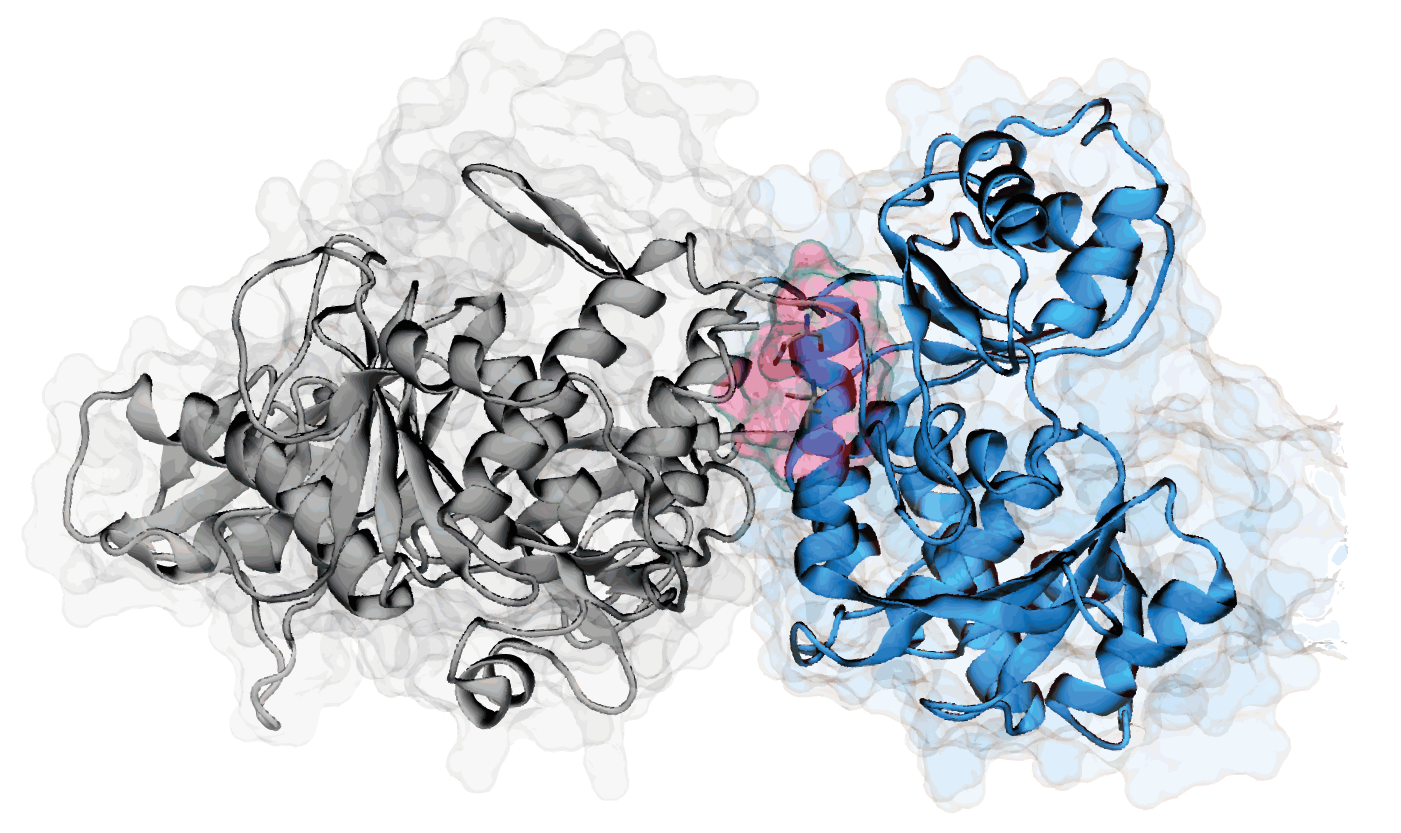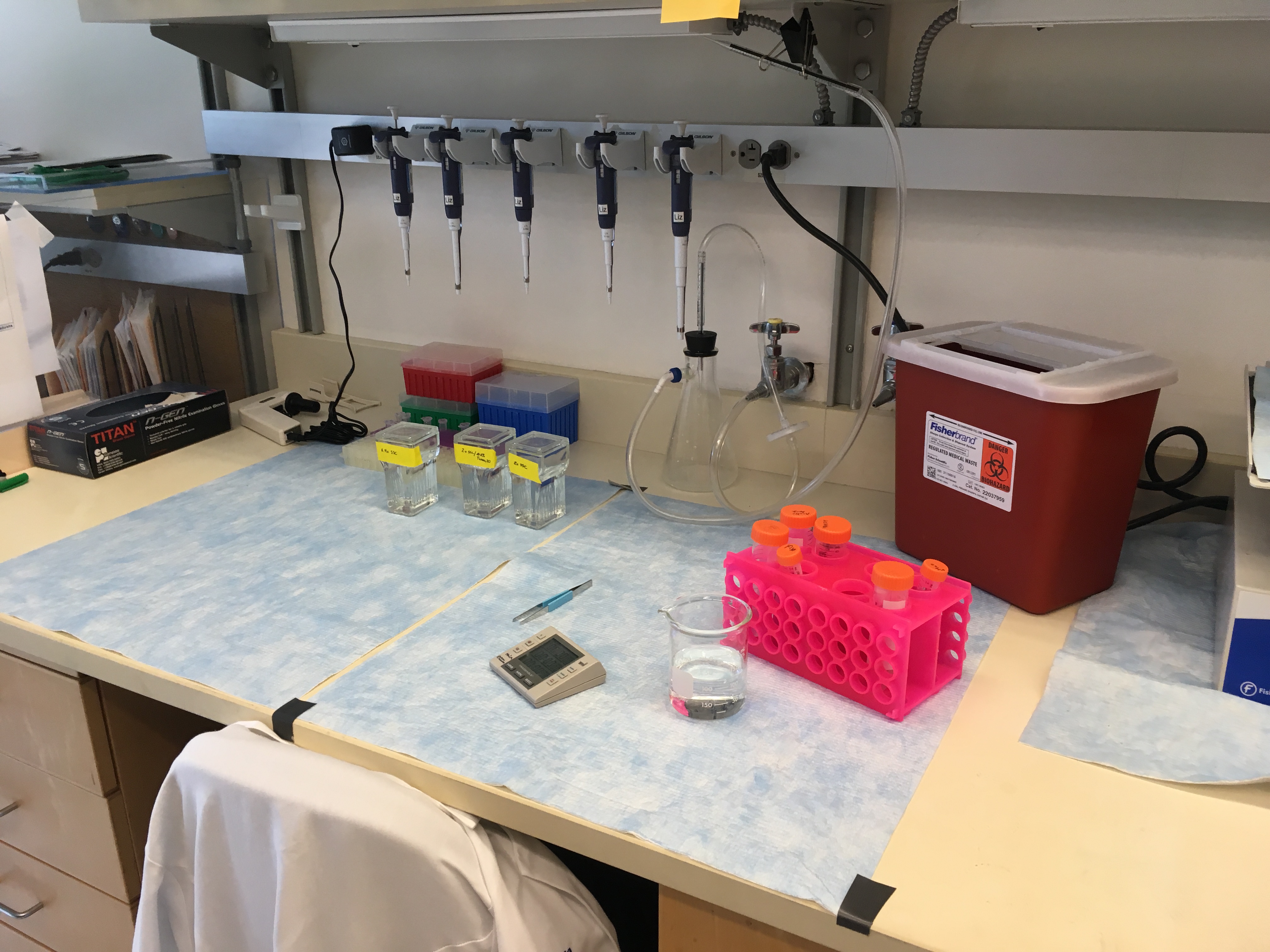We develop computational methods that accelerate the clarity and utility of omics data in biomedicine
Our work links genetic and molecular variation to phenotype in both natural and engineered cellular systems and we approach these topics through the lens of computational biology, machine learning and advanced data integration
3D Mutation hotspots
There is compelling evidence which suggests that significant driver cancer mutations tend to co-occur in functionally-relevant clusters within protein three-dimensional space. Identifying disease-relevant variants would improve clinical diagnosis and diminish the futility of drug treatments.



Trans-Omics
A growing body of work in the biomedical sciences generates and analyzes omics data; our work contributes to these efforts by focusing on trans-omics: the integration of different omics data types to bring mechanistic insights to the multi-scale nature of cellular processes.




You must be logged in to post a comment.